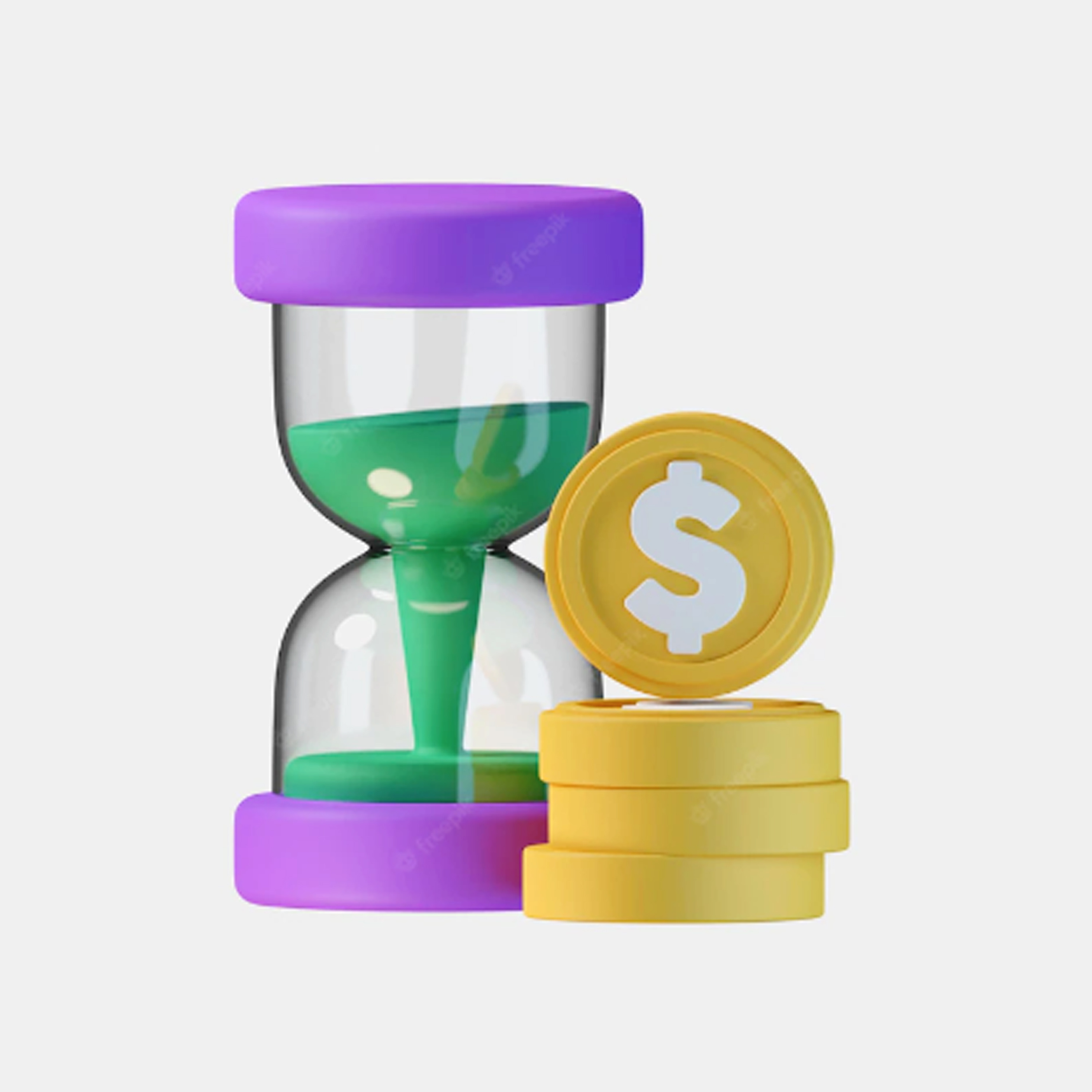US Dollar Mutual Funds in Nigeria
07 November 2022
With the news of the imminent changes to some denominations of the naira and the currency’s rapid depreciation against other currencies, we put the spotlight on US$ denominated mutual funds in Nigeria and the best and worst performing funds in the other sectors
USD funds are mutual funds, registered with and regulated by the SEC, that invest in US$ denominated instruments, e.g., Eurobonds, US$ bank deposits, etc.
From records and data available, the first USD fund was launch by FBNQuest Asset Management in 2016. Since then, this sector of mutual funds has grown to now have 16 funds available for investors to choose from with assets under management (AUM) as of 28 October now standing at N325.87bn (converted at the official exchange rate by SEC). Overall, AUM has grown by 19.72% from 31 December 2021.
So what?
Well, the current volatility of the Naira for one. And there are a host of matters affecting the Naira in your pocket, from inflation, the strength of the dollar US$ itself, CBN regulations, global events and much more. The parallel market exchange rate has gone from N565/$1 at the end of December 2021 to N870/$1 (and climbing) as of 4 November 2022, a 53.98% loss of Naira value against the dollar. Over time, and since 2016, the smart money investor has diversified their money by holding a mixture of Naira, USD, and other currencies, either in cash (domiciliary accounts or in various other investments, including mutual funds and that is one of the many reasons why USD mutual funds have continued to grow.
And what has been the returns?
Now, before we show you the figures, a note of caution. In analysing the data from SEC and used for this report (it is currently the only credible source of data for now), we have spotted some anomalies. For example, we question how a fund could be reporting a negative yield. Negative price or absolute returns yes, but negative yield? Anyway, the table below shows the yields of the funds ranked as of 28 October 2022 (with 31 December 2021 comparative figures).
A note of caution though. As bond yields have risen that means bond prices have fallen. As such what may have been gained in a fund showing a rising yield may be taken away by the falling prices of the bonds in the fund. As of today, valuation practices and policies of mutual fund managers is like gold dust – very hard to come by. It is best practice that an asset manager should mark-to-market their investment portfolio daily and report the unit price and yield on their products based on the closing price of the assets in the portfolio at the end of the trading day and in a transparent way. It is also best practice to disclose matters pertaining to the management of a fund, including its valuation policies and fees. This can be displayed on a firm’s website, factsheets, annual accounts and/or marketing brochures. For now, in addition to the yields above the price performance of the above funds YTD are:
What’s our verdict?
Information! Information!! Information!!! Ask for and get Information. Why would you give your money to a manager to invest for you who is a scrooge with the information you need (beyond a periodic statement) to make proper investment decisions. Some of the managers listed do issue monthly factsheets (FBNQuest, Stanbic IBTC, United Capital, PAC, Afrinvest), but a majority do not, and they should.
Mutual funds are a good way of investing and saving your money. You get professional and specialists hired by the asset management firm, whose job it is to invest yours and thousands of other people’s money, that has been pooled together to form the fund and invested according to the investment objectives of the fund in question. Not everyone can meet the minimum amount brokers ask for to directly buy a Eurobond, an even if you do, which one do you buy? A mutual fund holds a basket of these bonds, selected carefully, hence do all the heavy lifting and hard work for you. However, the managers still have a bit of catching up to do, as from our market research there a currently some juicy yields on offer on both corporate and sovereign Eurobonds for the long-term investor (see below) and the yields on the mutual funds are currently lagging. So, whilst our verdict would be to use a mutual fund to access the market, and invest your dollars, please ask questions, and get answers from any fund manager whose fund you want to use.
You can view all SEC regulated USD mutual funds by going here or to view a particular fund, click on the fund name below:
| S/N | Fund Name | Asset Manager |
| 1 | Afrinvest Dollar Fund | Afrinvest Asset Management Limited |
| 2 | ARM Eurobond Fund | ARM Investment Management Limited |
| 3 | AVA GAM Fixed Income Dollar Fund | AVA Global Asset Managers Limited |
| 4 | AXA Mansard Dollar Bond Fund | AXA Mansard Investments Limited |
| 5 | Cordros Dollar Fund | Cordros Asset Management Limited |
| 6 | Emerging Africa Eurobond Fund | Emerging Africa Asset Management Limited |
| 7 | FBN Dollar Fund | FBNQuest Asset Management Limited |
| 8 | FSDH Dollar Fund | FSDH Asset Management Limited |
| 9 | Futureview Dollar Fund | Futureview Asset Management Limited |
| 10 | Legacy USD Bond Fund | First City Asset Management Limited |
| 11 | Nigeria Dollar Income Fund | Chapel Hill Denham Management Limited |
| 12 | Nova Dollar Fixed Income Fund | Novambl Asset Management Limited |
| 13 | PACAM Eurobond Fund | PAC Asset Management Limited |
| 14 | Stanbic IBTC Dollar Fund | Stanbic IBTC Asset Management Limited |
| 15 | United Capital Eurobond Fund | United Capital Asset Management Limited |
| 16 | Vantage Dollar Fund | Guaranty Trust Fund Managers Limited |
You can review the performance and rankings of all mutual and pension funds here
© MoneyCounsellors.com







